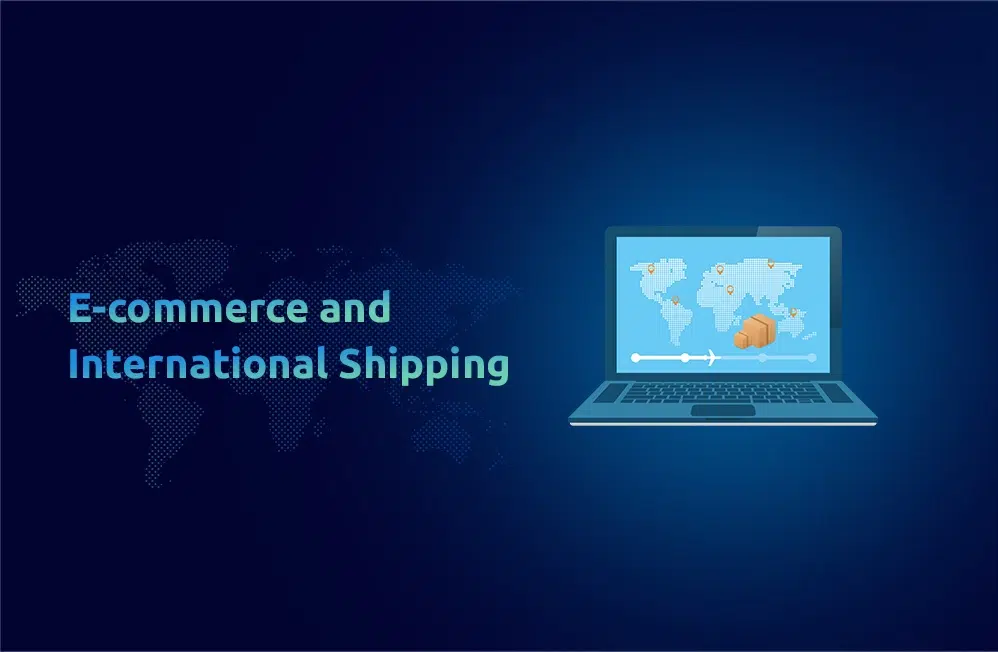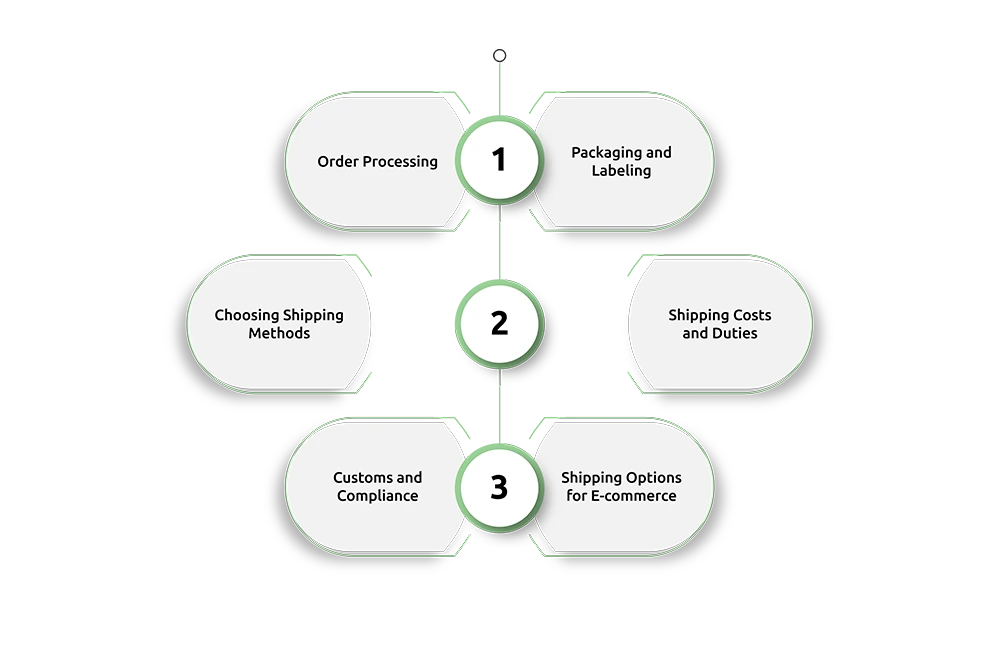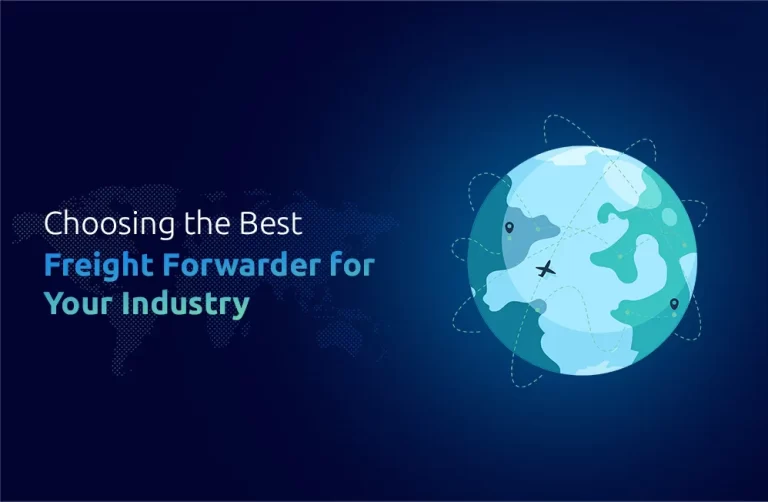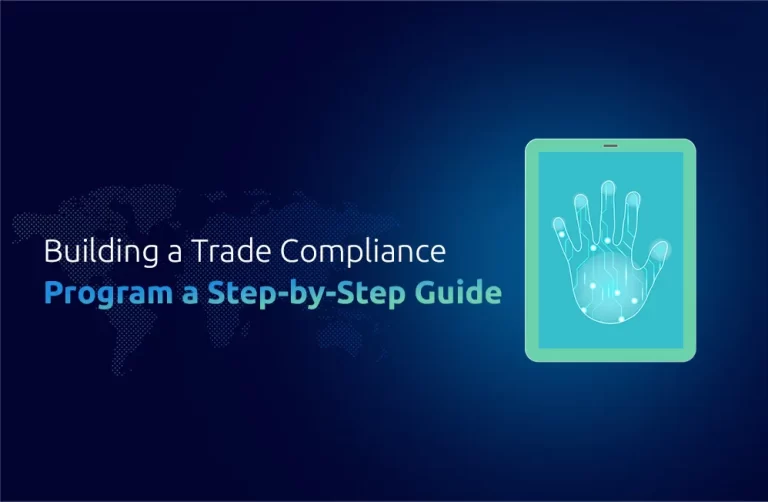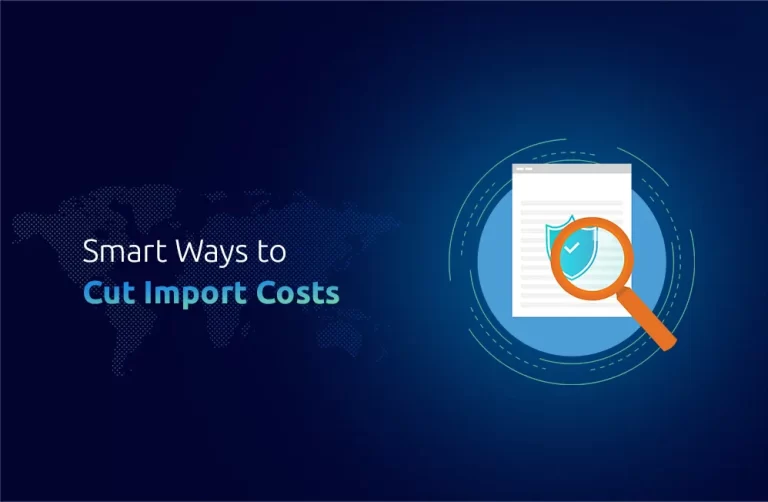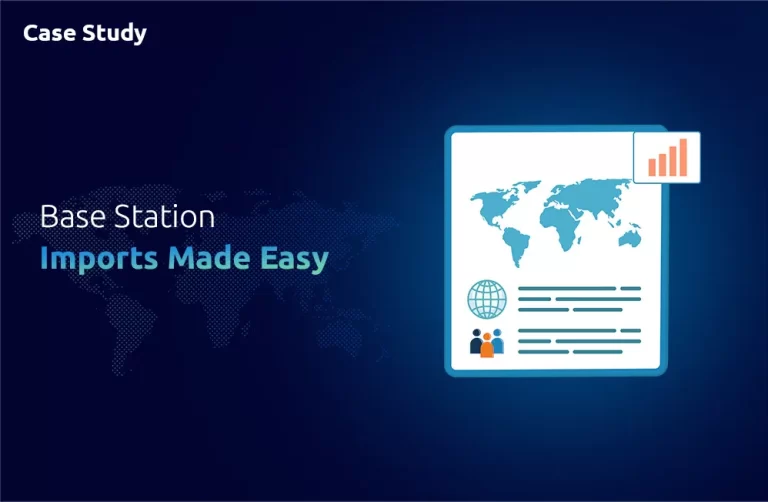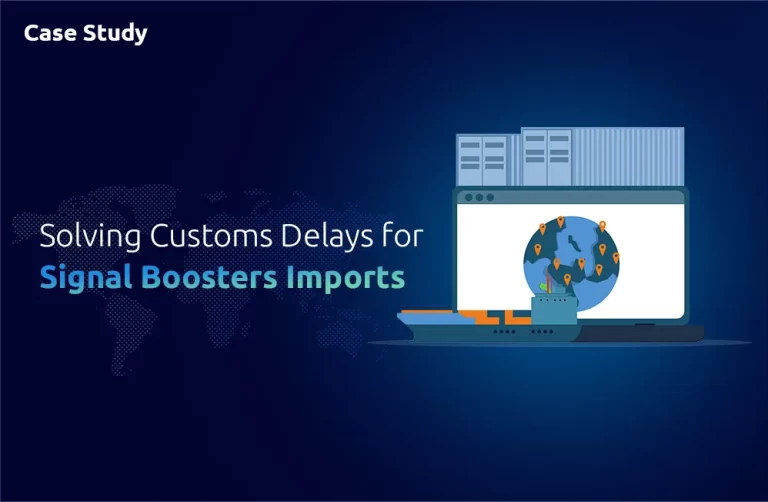International Shipping and E-Commerce: Unlocking Global Potential
E-commerce has completely changed how companies and customers communicate in the current digital world. Online purchasing has made it possible for companies of all sizes to connect with clients worldwide to ensure seamless operations and customer satisfaction; e-commerce companies must be aware of the special opportunities and problems that come with international shipping. In the context of e-commerce, this blog will discuss the intricacies of international shipping, including customs, logistics, shipping techniques, and the part of Exporter of Record (EOR) services.
The E-Commerce World
The e-commerce industry is expanding significantly around the world. The rise of mobile commerce mainly fuels this boost, the increase of access to the internet, & the expansion of people purchasing online, providing businesses with exciting opportunities to spike new areas & interact with more clientele than ever before. However, more than just having a web presence, a good marketing strategy is required for international growth.
Laws for Imports and Customs
One important element of international shipping is customs and import laws. Regarding the importation of commodities, each nation has its own set of regulations and processes, including restrictions, taxes, and documents. Shipment delays, fines, or even the seizure of goods may follow noncompliance with these requirements.
E-commerce companies must make sure that their shipments adhere to the rules of the destined countries in order to handle these complications, which entails supplying accurate and comprehensive shipping documentation in addition to being aware of the relevant Harmonized System (HS) codes, which categorize goods for customs reasons.
Making sure the entities are valued correctly for customs purposes is one of the most crucial factors to take into account when shipping overseas. Inaccurately stated values may lead to fines, hold-ups, or even the confiscation of goods. Companies should provide thorough invoices and descriptions of goods in order to prevent these problems.
The Function of the Importer of Record (IOR)
A legal entity or individual in charge of making sure imported goods adhere to the destined nation’s customs laws is known as an Importer of Record (IOR). The IOR is in charge of handling all paperwork, making sure that it passes customs, and paying taxes and duties.
Being their own IOR would only be practical for some e-commerce companies, particularly when they are growing into several foreign countries.
In these situations, companies frequently collaborate with professional Importer of Record (IOR) companies who are able to manage the challenges of international shipping for them. An IOR service can assist with managing the payment of import duties, taxes, and any other costs that the destined country may impose, as well as making sure that the required papers and documentation are in place to comply with import requirements.
Tracking and Interaction with Customers
Customers in e-commerce industry have high expectations. The ability to track shipments is one of the primary expectations that clients have when placing overseas orders. Giving customers exact tracking information not only boosts the level of satisfaction but also lessens the questions and annoyances that may result from misplaced or delayed deliveries.
It is important to track and communicate clearly about shipping regulations, costs, & the delivery dates. Businesses need to understand how much global shipping will cost and how long it will take, as well as any additional fees or mandatory customs duties.
In conclusion
In today’s globalized marketplace, global shipping and e-commerce are closely connected. Although there are many chances for growth and expansion, companies must carefully manage the intricacies of shipping logistics, customs laws, and shipping expenses to guarantee seamless and effective operations. Businesses may fully realize the potential of global markets and expand their operations by utilizing the best shipping practices, collaborating with IOR service providers such as One Union Solutions, and communicating openly with clients. Businesses may boost customer satisfaction and secure the long-term viability of their international operations by concentrating on offering a smooth and effective shipping experience.
Did you know
Global e-commerce sales reached $5.7 trillion in 2022 and are signified to keep rising.
FAQs
- Which delivery options work best for international e-commerce?
Ans: The best shipping options will vary depending on the type of goods, delivery time, and price range. For large cargoes, sea freight is more economical than air freight, which is quick but costly. Courier services best serve smaller, more urgent orders.
- What is Importer of Record?
Ans: Importer of Record is in charge of making sure that imported goods adhere to the customs regulations of the country of arrival. By using an IOR service, businesses may manage the paperwork, taxes, while shipping internationally.
- How to minimize e-commerce company’s overseas shipping costs?
Ans: Offering a variety of shipping choices and collaborating with reputable IOR and freight forwarders like One Union Solutions can all help lower the cost of international shipping. Customer expectations can also be simplified by including shipping charges in product prices.
- Does international shipment include customs taxes and duties?
Ans: Customs taxes and fees are not included in the delivery cost. Many e-commerce businesses provide Delivered Duty Paid/DDP shipping, in which the seller pays all customs, taxes, & fees in advance to make sure a smooth delivery process.
- How can I keep track of my clients’ foreign shipments?
Ans: The majority of international shipping companies provide real-time tracking systems. Businesses can improve customer satisfaction and lower the volume of delivery-related inquiries by giving clients tracking numbers and updates.

